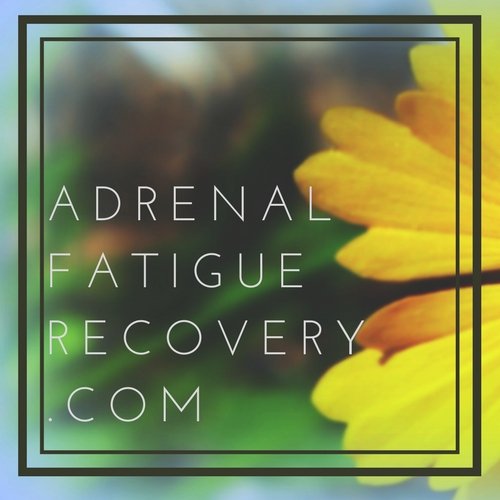Plan for Wellness
Glossary of Terms
Adrenal Fatigue Syndrome
Adrenal Fatigue Syndrome: A stress-induced condition characterized by a set of common symptoms that indicate decreased function of the adrenal glands. Also known as hypoadrenia, adrenal exhaustion, adrenal insufficiency, adrenal gland fatigue, adrenal chronic fatigue, and non-addisons hypoadrenia.
Adrenal Glands: The adrenal glands are small, thumbprint-sized glands that sit atop your kidneys. They have two parts, the inner core, called the Medulla, and the outer layer, called the Cortex.
Adrenal Cortex: The adrenal cortex, the outer layer of the adrenal gland, produces many different hormones, including cortisol, aldosterone, pregnenalone, sex hormones (estrogen, progesterone, testosterone), and DHEA.
Adrenal Medulla: The inner core of the adrenal glands, or adrenal medulla, is responsible for triggering the "fight or flight" response of the sympathetic nervous system to urgent stress. Epinephrine (adrenaline) and norepinephrine are the two main hormones produced here.
Addisons disease: A complete lack of adrenal function. The most severe form of hypoadrenia.
Aldosterone: Aldosterone is a mineralcorticoid that helps to regulate your blood pressure by maintaining the mineral balance in your cells, including potassium , magnesium, and sodium.
BioIdentical Hormones: Bio-identical hormones are natural (usually plant-based) hormone substances that are nearly identical in structure and chemical composition to the hormones your body produces on its own.
Compounding pharmacy: A compounding pharmacy prepares prescriptions designed specifically for individual patients, as they are ordered. Bio-identical hormones can be compounded in unique combinations for an individualized treatment.
Cortisol: A glucocorticoid hormone produced by the adrenal cortex. Cortisol plays a part in the metabolism of carbohydrates, proteins and fats, as well as interacting with insulin to regulate the rise and fall of glucose (blood sugar) levels in the body. It helps regulate blood pressure and water balance. As one of the body's naturally produced steroids, it also plays a part in controlling inflammation.
Cushings Syndrome: Extreme hyperadrenia.
Endocrine Disruptors: Chemicals that mimic hormones in your body. These "imposters" wreak havoc in many different ways.
Magnesium: A mineral responsible for many enzymatic reactions, as well as the production of progesterone. Low magnesium can result in PMS, osteoporosis, and abnormal heart rhythm.
Postural Hypotension: A drop in blood pressure when standing up too quickly from a lying or sitting position, causing a lightheaded or woozy feeling. Sometimes called a "head-rush". A symptom that could indicate Adrenal Fatigue Syndrome.
Potassium: The most abundant mineral in a cell. Usually people with Adrenal Fatigue Syndrome have too much potassium in relation to sodium.
Sodium: A mineral responsible for maintaining blood pressure, as well as moderating water levels in cells. Crucial to the treatment of Adrenal Fatigue Syndrome.
Synthetic Hormones: Artificial chemical formulations that are not identical in structure or chemical composition to the hormones your body produces on its own.


About Product Recommendations
Please note that while I do receive
commissions from some of the things promoted on this site, I recommend
them wholeheartedly because I feel they would be of benefit to you.
Advertisers/Affiliates have been hand-picked so that only
quality products are recommended. I have used many of these products in my own life and
share them with you because that's what friends do.
Read my full
advertising policy
here.




